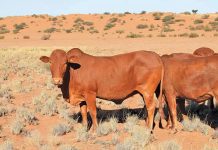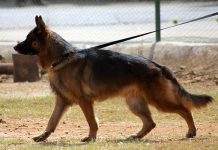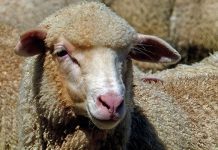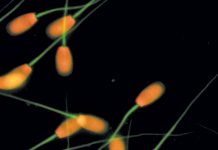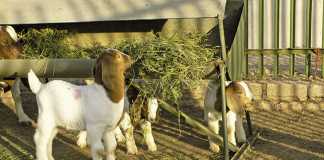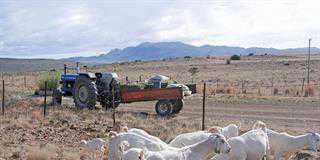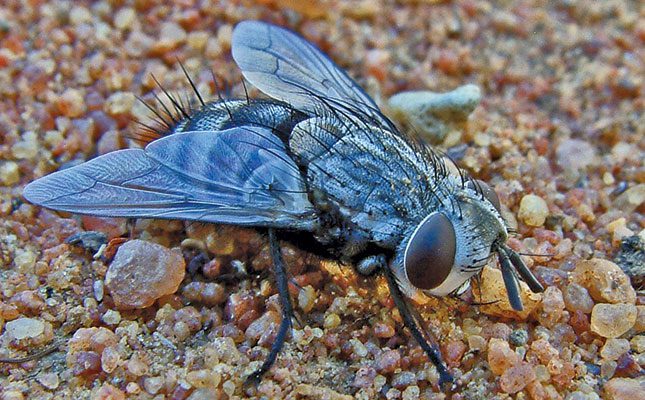
Photo: Paul Donovan
Livestock farmers have to deal with many pests. Ticks, for example, are of major concern, as they are vectors for the spread of diseases and control requires a great deal of time and money. Flies are another concern, but they are generally viewed as more of a nuisance than anything else.
Unfortunately, while some are little more than an irritation, others can pose serious problems to livestock, because they can be vectors for disease. Several studies in the USA have shown that flies can contribute significantly to a decrease in profitability of a cattle herd. For instance, a heavy fly infestation can slow an animal’s weight gain by as much as 0,45kg/ day.
This is because the cow spends less time resting and eating (and putting on weight). Furthermore, according to US research, dairy cow milk yield can be reduced by as much as 20%, equating to an annual economic loss in profitability of about R11 billion.
Effective fly management is based on a threepronged approach:
- Mechanical/physical (farm sanitation);
- Integrated pest management (increasing natural enemies);
- Limiting the use of chemicals.
Keep it clean!
Improved sanitation is at the forefront of fly control. It should focus on careful management of manure/compost and feed storage – two environments favoured by flies for breeding. Manure or compost should be windrowed (raked into rows).
This will dry it out, reducing the damp conditions a fly requires to lay eggs in, while promoting beneficial fungi and predatory mite growth that prey on the eggs and flies themselves.
Once the compost or manure is ready for stockpiling, make sure that rainwater cannot pool around its edges and so provide an ideal breeding habitat for flies.
Silage should be covered so that it does not spill over once it is heaped in a pile. Increasing natural enemies Although integrated pest management is often associated with the crop producer, it plays an important role in the livestock industry.
Many natural predators, parasites and other biocontrol agents that live in or use the manure/compost heap will help to keep down fly numbers.
They include predatory mites, which destroy fly eggs and larvae; entomopathogenic fungi, which affect feeding; and parasitic wasps, which lay their eggs in the larvae or pupae of flies and hatch larvae that eat their host.
Selective use of chemicals
If at all possible, limit the use of insecticides. Although they are effective in controlling flies, they can also kill many insects that help keep flies in check. In addition, flies often have a shorter life cycle than many parasitoids and predators that prey on them.
This can give rise to massive population explosions of flies, which can become difficult to manage until the predators’ numbers catch up.
It is far easier to control population numbers when they are low than trying the same approach when they reach uncontrollable levels. Where chemicals have to be used, apply them carefully to avoid harming natural predators.
The first approach is to use a pour-on, as this targets the fly’s host without disrupting the natural predators around it. Another option is to use a feed-through larvicide, or insect growth regulator, in a feed supplement.
This passes through the animal’s body and is expelled in the dung, where it restricts fly larvae from developing.
You could also use insecticide ear tags. These usually have a pyrethroid or an organophosphate chemical that repels flies, and stops them from swarming around the cow’s head.
Paul Donovan is a biologist based in Botswana, where he promotes the use of biological control agents and advises farmers on the best ways to control crop pests.



